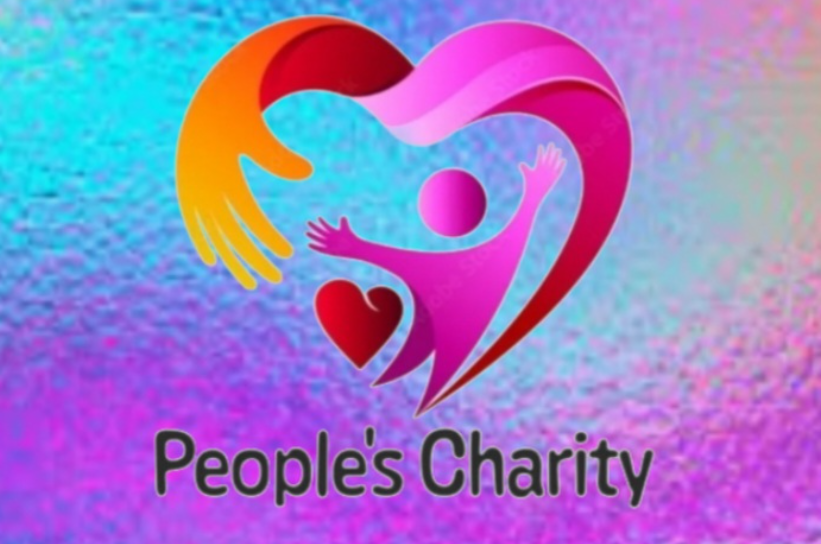
What PIP is for
Personal Independence Payment (PIP)
Contents
- What PIP is for
- Eligibility
- How much you’ll get
- How to claim
- If your PIP claim is reviewed
- Change of circumstances
- Claiming PIP if you might have 12 months or less to live
Personal Independence Payment (PIP) can help with extra living costs if you have both:
- a long-term physical or mental health condition or disability
- difficulty doing certain everyday tasks or getting around because of your condition
You can get PIP even if you’re working, have savings or are getting most other benefits.
How PIP works
There are 2 parts to PIP:
- a daily living part - if you need help with everyday tasks
- a mobility part - if you need help with getting around
Whether you get one or both parts and how much you get depends on how difficult you find everyday tasks and getting around.
If you might have less than 12 months to live, you’ll automatically get the daily living part. Whether you get the mobility part depends on your needs.
Daily living part
You might get the daily living part of PIP if you need help with:
- preparing food
- eating and drinking
- managing your medicines or treatments
- washing and bathing
- using the toilet
- dressing and undressing
- reading
- managing your money
- socialising and being around other people
- talking, listening and understanding
Mobility part
You might get the mobility part of PIP if you need help with:
- working out a route and following it
- physically moving around
- leaving your home
You do not have to have a physical disability to get the mobility part. You might also be eligible if you have difficulty getting around because of a cognitive or mental health condition, like anxiety.
How difficulty with tasks is assessed
The Department for Work and Pensions (DWP) will assess how difficult you find daily living and mobility tasks. For each task they’ll look at:
- whether you can do it safely
- how long it takes you
- how often your condition affects this activity
- whether you need help to do it, from a person or using extra equipment
Your carer could get Carer’s Allowance if you have substantial caring needs.
Help with PIP
If you need help understanding or applying for PIP you can:
- get help from Citizens Advice
- contact People's Charity
If you live in Scotland
You need to apply for Adult Disability Payment (ADP) instead of PIP.
If you currently get PIP, you’ll be automatically moved to ADP by summer 2024.
When the move begins, you’ll get letters from DWP and Social Security Scotland.
If you move from Scotland to England or Wales
If you get ADP and move from Scotland to England or Wales, you must make a new claim for PIP instead.
Your ADP will stop 13 weeks after you move – apply for PIP as soon as possible after moving or your payments could be affected.
If you get Disability Living Allowance (DLA)
Disability Living Allowance (DLA) is being replaced by PIP for most adults. You’ll keep getting DLA if:
- you’re under 16
- you were born on or before 8 April 1948
If you were born after 8 April 1948, DWP will invite you to apply for PIP. You do not need to do anything until DWP writes to you about your DLA unless your circumstances change.













